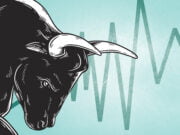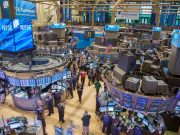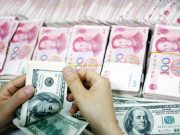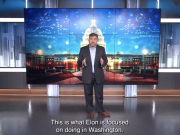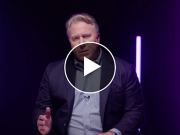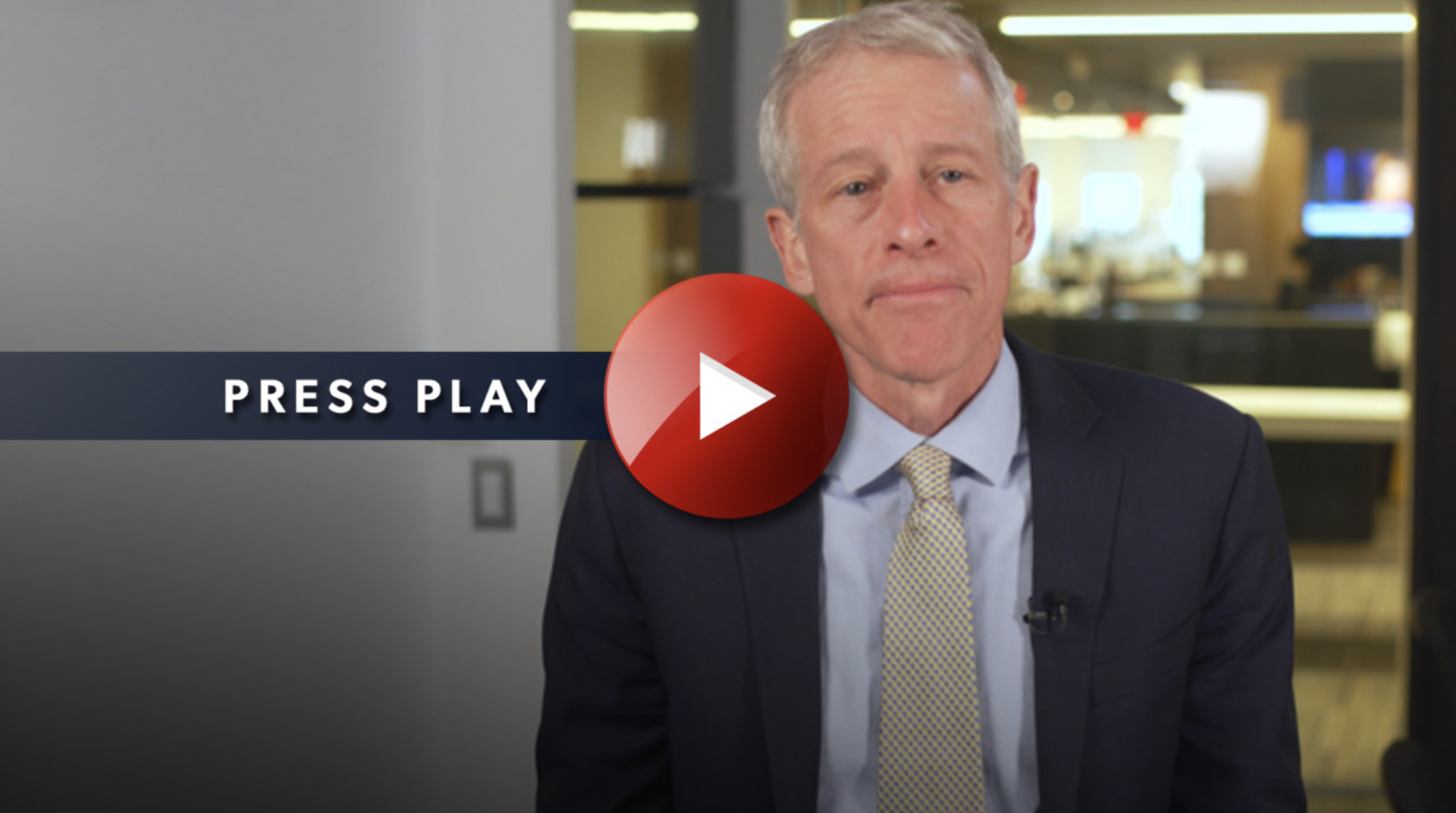On Wednesday, the Federal Reserve met with some of its international counterparts at a conference in Portugal to address not only the genuine economic concerns we’re facing but also what may come. Fed officials are hiking rates at their fastest pace since the 1980s. According to economists, any expectations of future inflation may become self-fulfilling, creating the need for a bigger rate increase than what would otherwise be needed. At one point, Fed Chairman Jerome Powell promised without hesitation that long-term inflation would not be allowed to take hold in the economy.
Compared to possibly sending us into a recession, Powell said he was more worried about the potential impact of not winning the fight against inflation. To give proper credit when and where it’s due, we would be well-advised at this point to appreciate Mr. Powell’s commitment to his duties as the Fed’s Chairman.
Given the meeting’s sense of urgency, how focused should our attention be, and what’s essential for us to keep in mind right now?
According to Chairman Powell, the Fed must still be ready to raise rates, even if doing so increases the likelihood of a recession, to prevent an even worse threat to the economy–the entrenchment of even higher inflation quickly. Due to concerns that the recent inflation period may have led shoppers and price setters to anticipate higher costs to endure, Powell assured us that the central bank simply did not have the luxury of raising rates gradually.
During the moderated discussion on Wednesday, which would have usually been the European Central Bank’s scheduled annual economic policy conference, Powell frankly remarked, “There’s a clock running here.” He went on with confidence, explaining that “the risk is that because of the multiplicity of shocks, you start to transition into a higher-inflation regime. Our job is literally to prevent that from happening, and we will prevent that from happening.”
In response to intensifying pricing pressures, central banks throughout the rest of the developing world are rushing to move interest rates higher. Prices have recently increased due to rising gasoline costs and supply-chain bottlenecks brought on by Russia’s conflict with Ukraine (a thorn in many a side, to put it gently). Such gains in the U.S. are pushing up inflation, which was already high due to the prior year’s rise in demand brought on by the reopening of the economy and strong government support.
The U.S. central bank has lifted its federal-funds rate for the third time since March, from virtually zero to a range of 1.5% to 1.75%, including a 0.75-point increase this month, the highest in 28 years. Powell and his peers have indicated that another rate hike is probable at the Fed’s end-of-July meeting. Powell’s statements on Wednesday are the latest in a series emphasizing that the Fed would continue to raise interest rates until inflation is under control, even if doing so causes a recession. While recessions are costly, resulting in lost employment and economic output, policymakers feel that rising inflation is worse since delaying action could perpetuate a significant slump.
Speaking on a shared panel, Europe’s top central bankers said they would raise interest rates more gradually than the Fed as they assess the effects of the war in Ukraine on the economy. In a region that primarily depends on imported energy, the war is pushing up power and commodities costs in Europe while eroding consumer spending freedom.
ECB President Christine Lagarde put it nicely, stressing that moving gradually is undoubtedly acceptable in these times of great uncertainty. At the bank’s policy meetings in July and September, Ms. Lagarde reiterated intentions to boost the bank’s primary interest rates gradually. If determining the economy’s direction were simpler, the bank would most likely act more swiftly.
The overall sentiment on Wednesday seemed to arrive at a similar place. What makes for a good takeaway from the conference is that the global marketplace simply doesn’t have the control we wish it had over the well-being of the world’s vast catalog of currencies and assets. And, as I see it, ideals and values can’t take proper shape when such a nagging sense of chaos pollutes the economic landscape.
I’ll throw in two cents to try and wrap this up appropriately. This reminds me of what an employer once told me during my first home improvement gig in my 20s. I can’t recall an actual quote, but to use my own words: A job performed at a snail’s pace but performed correctly will always turn out better than a job filled with impulsive decisions and a selfish need for quick results. As impatient as many of us are, we don’t have the luxury of watching our government sprint like a goofball to some imaginary finish line, not stopping to entertain the bigger picture. This will take time if we want things to be done right.




